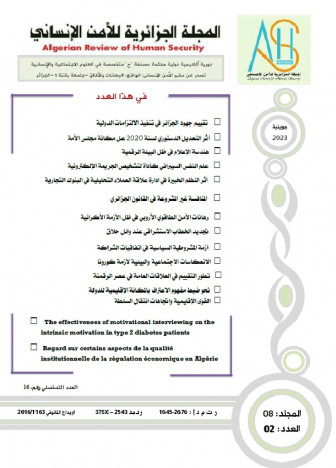نظرة لسانيةٌ تقويميةٌ في ترجمة معاني سورة الفاتحة والأجزاء الثلاثة الأخيرة إلى الأمازيغـية
DOI:
https://doi.org/10.59791/arhs.v1i1.2558Keywords:
linguistic, translation, Qur’an, amazigh, phonology, transcriptionAbstract
Every language is evidently based on the linguistic levels that ensure a typical communication between speakers of the same linguistic community, namely:phonic, morphological, syntactical and semantic systems. To traslate such a text from a language into another that may misshape the original text meanings especially if the translate does it in a literal way while it’s in relation with The Holy Qur’an. Here is what we’re commenting, namely to present a point of vie concerning Elfatiha and the last three parties of The Holy Qur’an translated by the author above, basing in particular, on phonological aspects. Besides, we suggest the two transcriptions: phonetical and phonological ones in the Arabic letters in order to realize more delicacy and exactness . Key words: linguistic, translation, Qur’an, amazigh, phonology, transcription




